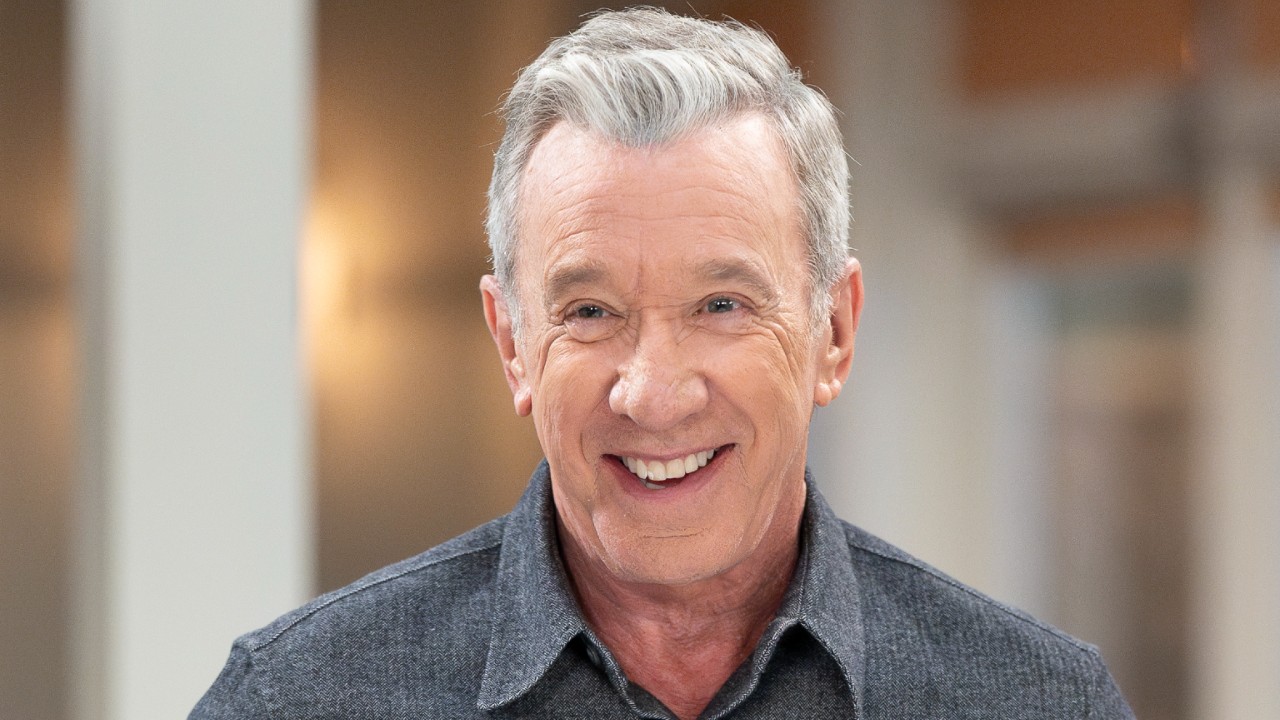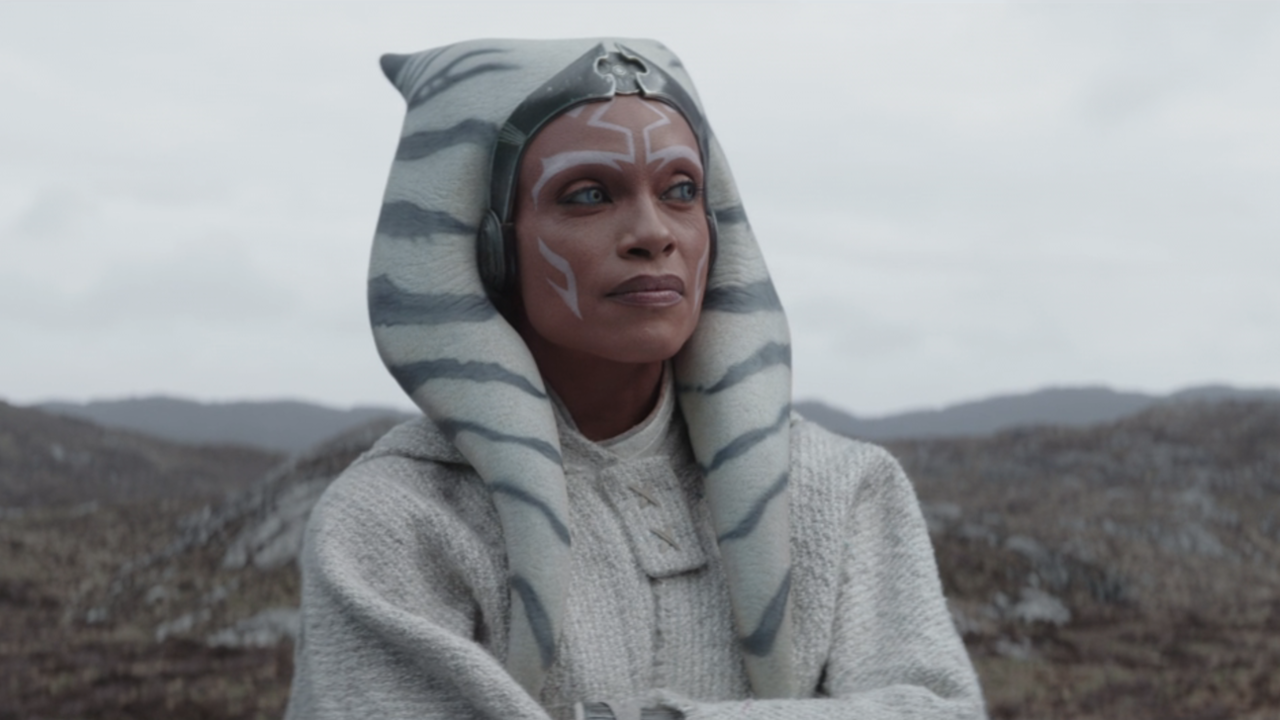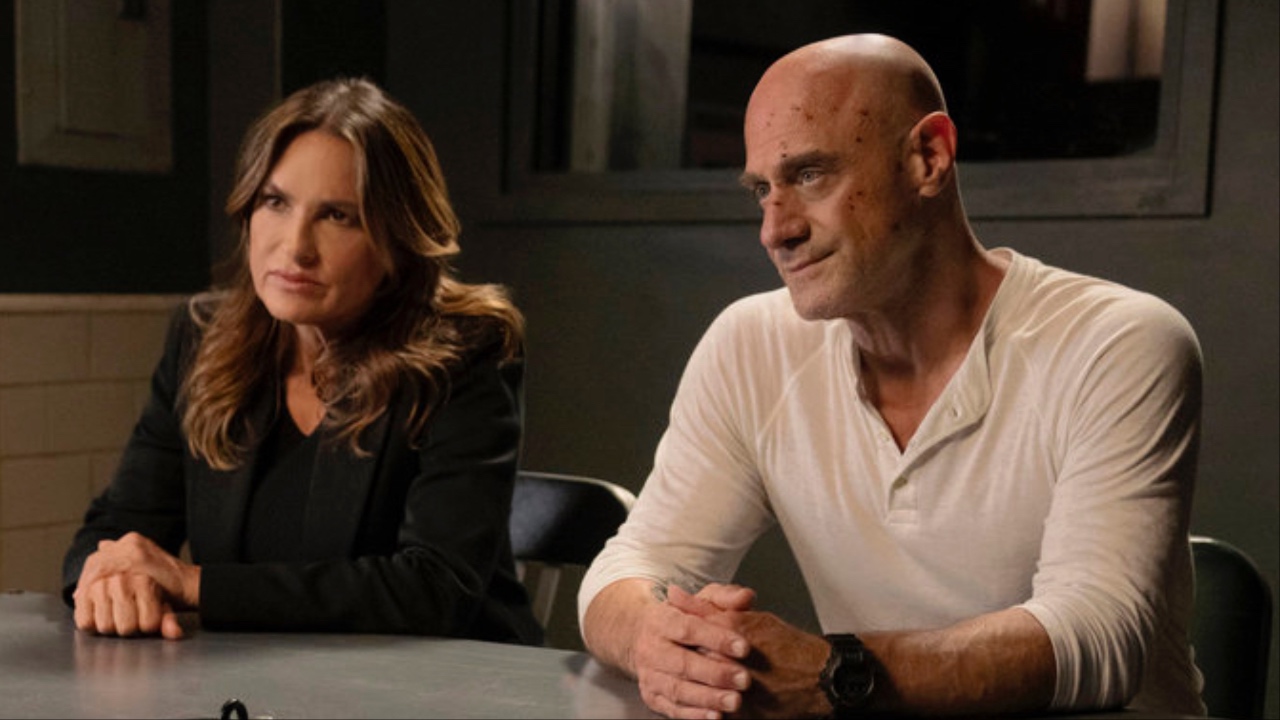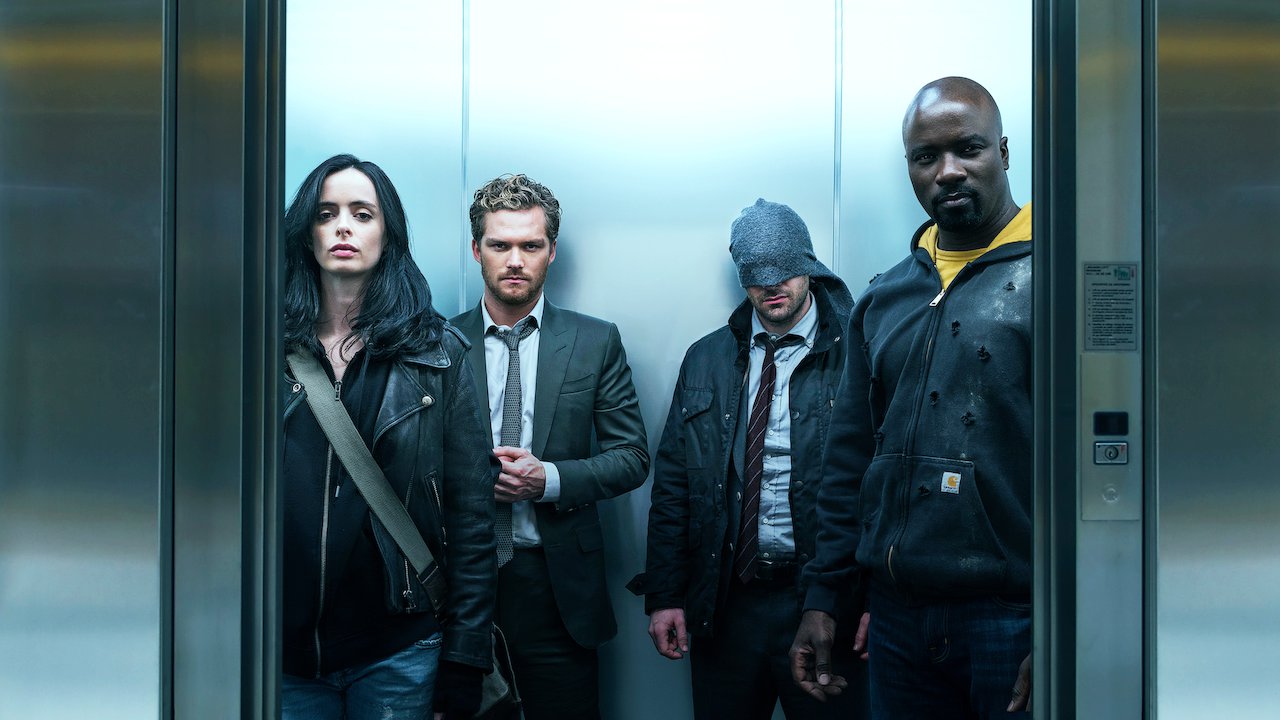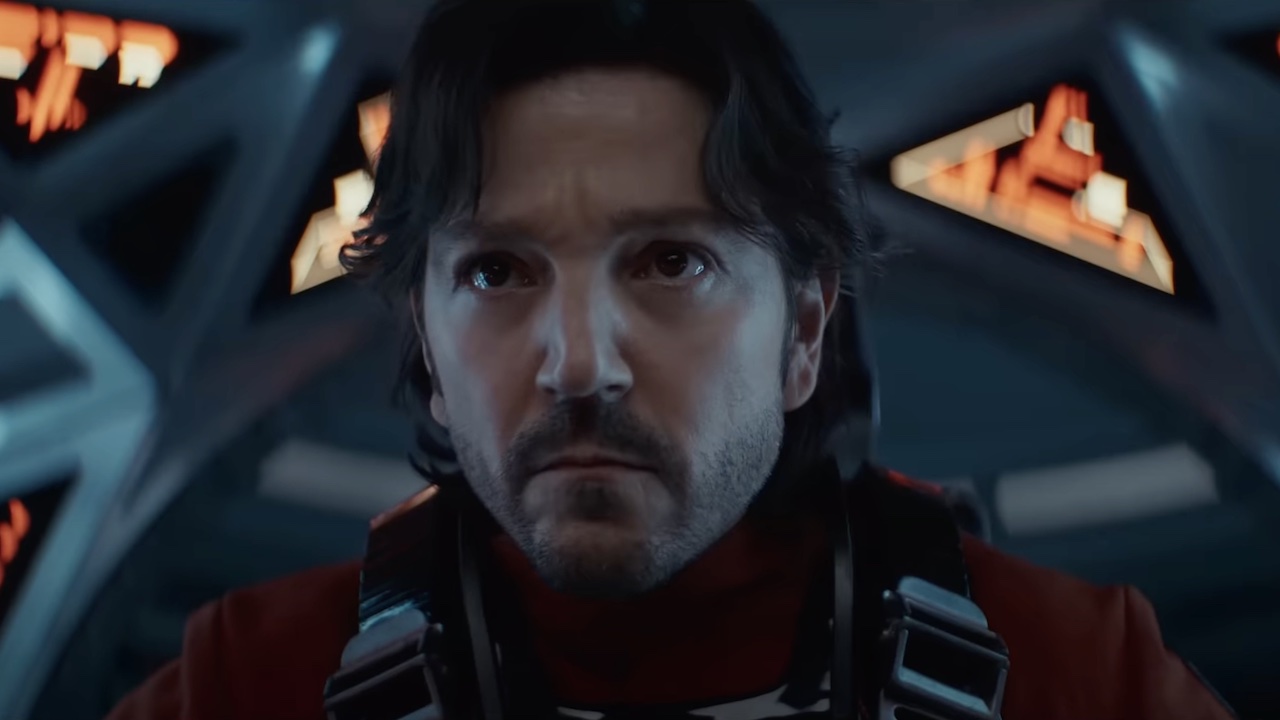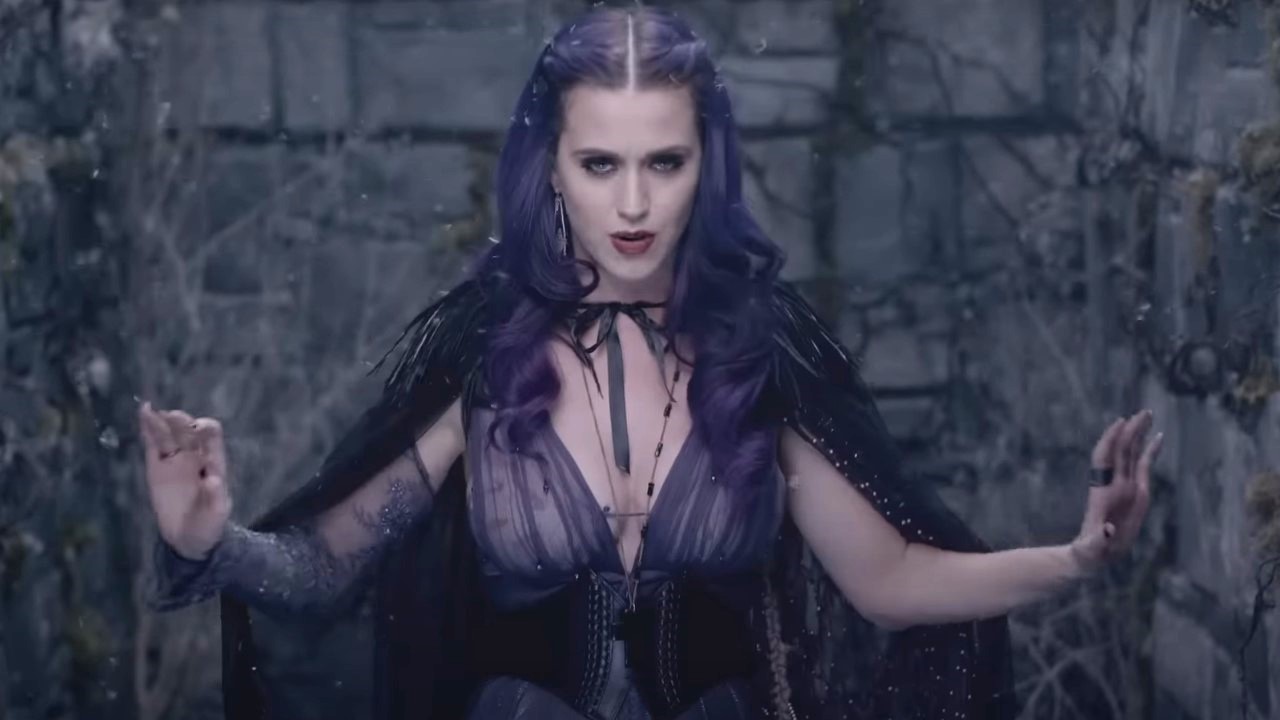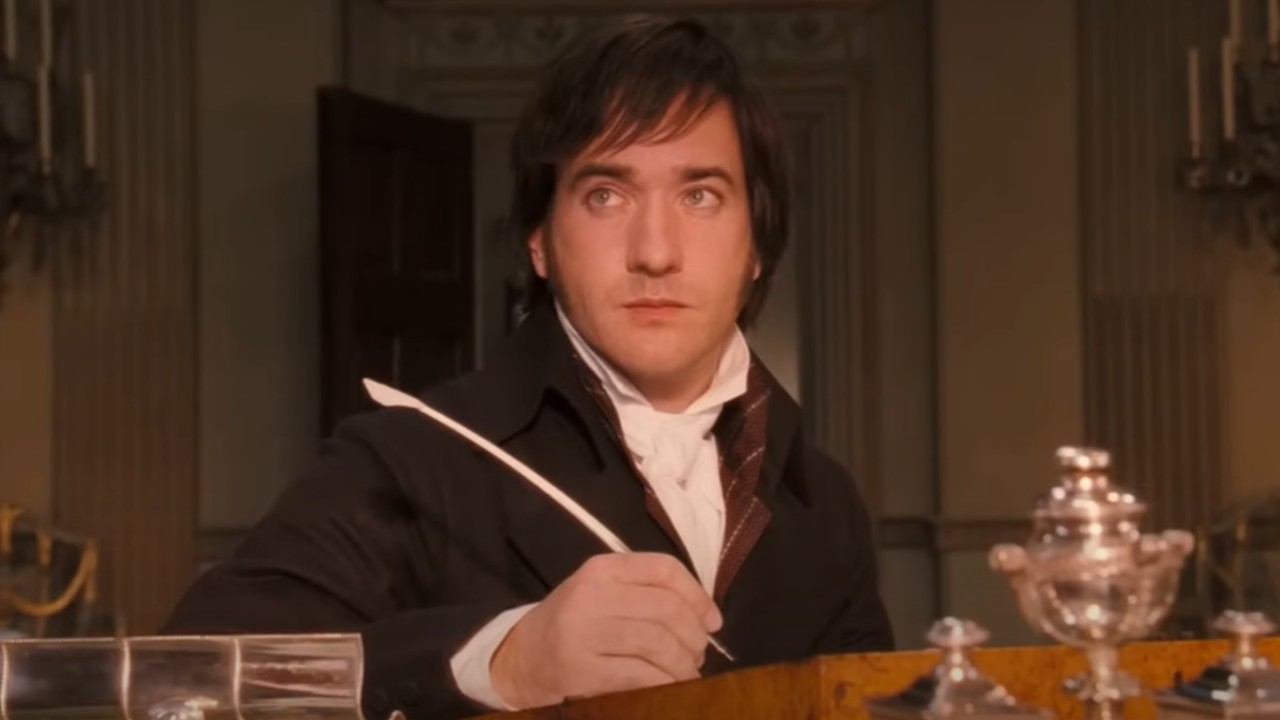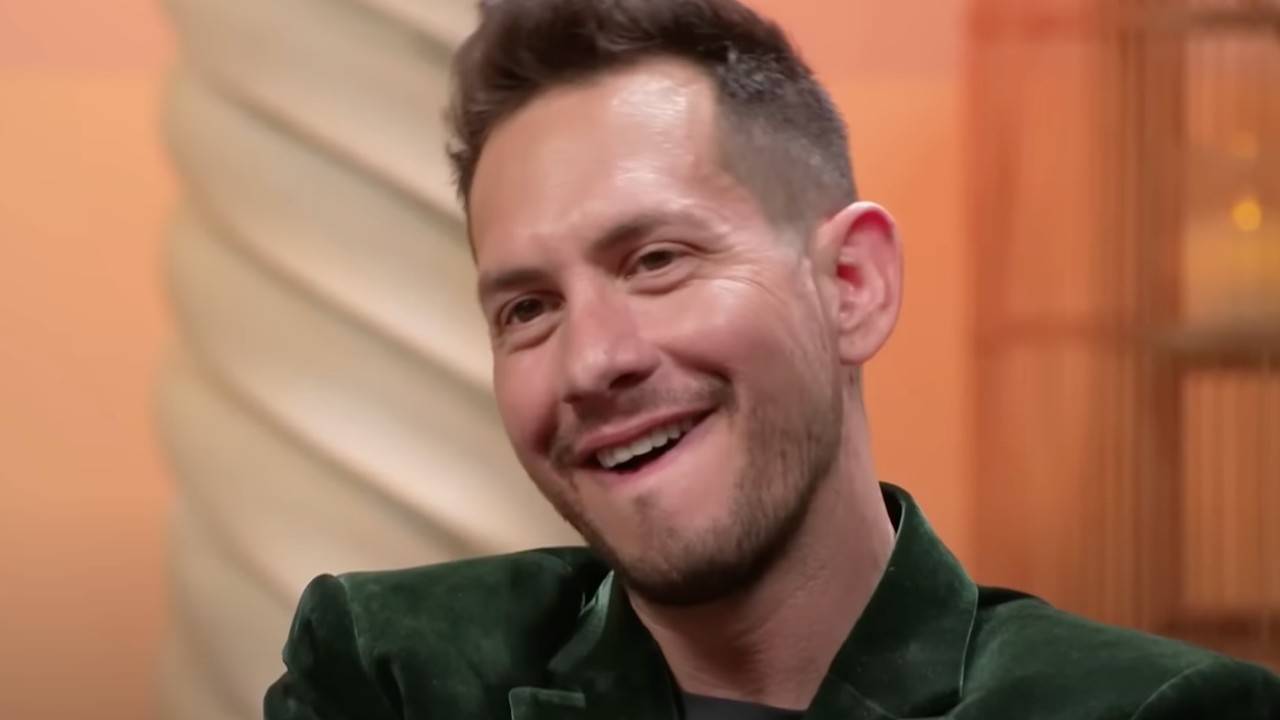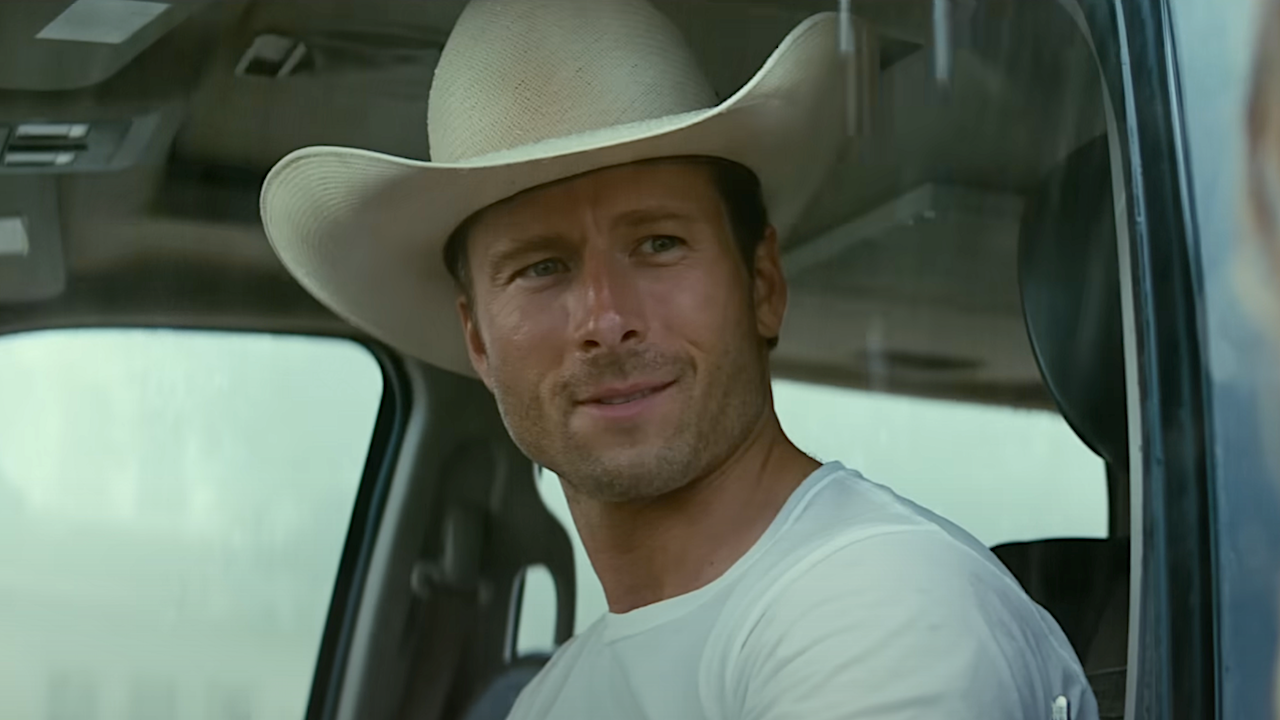'We Try To Keep The Spirit The Same:' Turtles All The Way Down Made One Key Change To Its Ending That John Green Loved
When the author approves it, you know it's good.
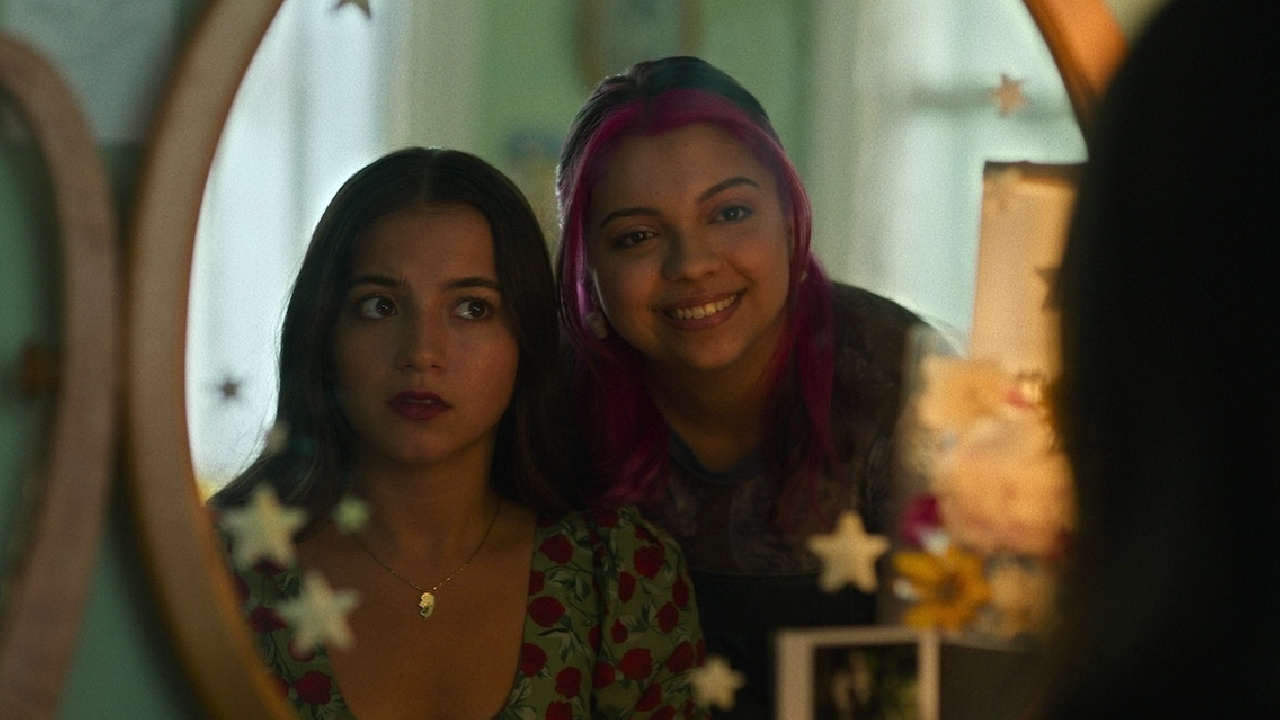
Spoiler warning for those who have yet to see the adaptation of Turtles All The Way Down!
In any book-to-screen adaptation, there are always some changes made, whether it be a new character added or a new storyline. However, for the film based on John Green's Turtles All The Way Down, most of it ended up staying the same – except for a few minor tweaks, and one fundamental change that Green said was a great decision.
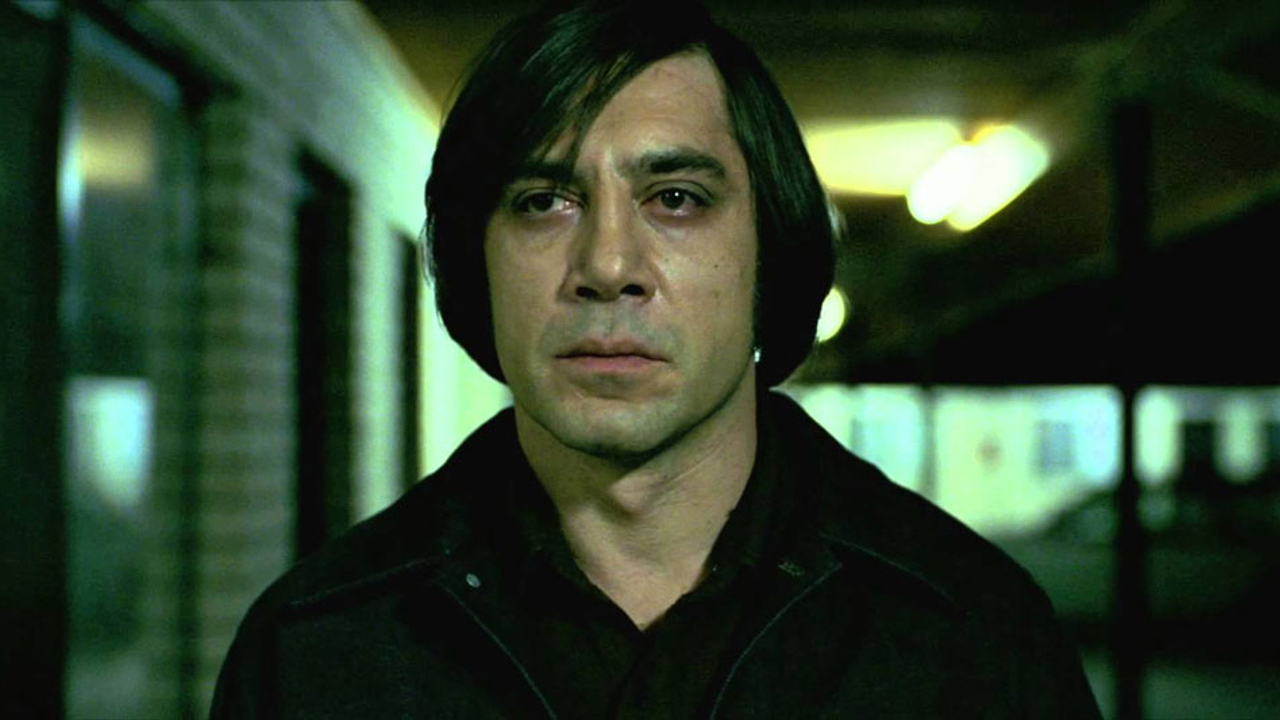
Here are some books that you have to check out after watching the movie versions of them, just like Turtles All The Way Down.
For those who don't remember, John Green is the author of various coming-of-age novels that have defined a generation of young adults such as myself and continue to do so. These include The Fault in Our Stars, Paper Towns, and Looking for Alaska – all of which have received adaptations into coming-of-age films or shows – and many more. Turtles All The Way Down, which was released in 2017, and its adaptation just premiered on the 2024 movie schedule.
I had the chance to speak to John Green, who worked as an executive producer, and director Hannah Marks about the film. While most of the movie ended up staying faithful to the novel, there was one key change about the ending that Green really enjoyed. He loved that instead of Aza thinking of what her future could be like with her OCD, her best friend, Daisy, was there to tell her, herself. Elaborating on why he loved it, the author told me:
I really like how the movie ends differently from the book. I really like that so much of the end of the movie is in the voice of Daisy. And that's not something that I did in the book, but I thought it was brilliant, a brilliant choice by the screenwriters. And then the way that Hannah executed it is just so beautiful and moving in the movie.
In the original novel, Aza thinks of her future on her own while saying goodbye to Davis (played by Ginny & Georgia cast member Felix Mallard), skipping forward to an ideal future self version of her. In the film, however, the final moments are of Daisy and Aza, where Daisy tells Aza that she believes she will live a "full life" despite her OCD and that there will be challenges, but she believes in herself.
The complexities of mental illness are rarely portrayed the best when it comes to modern-day media. Some actors and their battles with anxiety have been shared with the world, but I still don't think it's discussed enough. Furthermore, there are certainly some honest movies about mental illness that dig into the topic and shows that know how to discuss it properly (like Ted Lasso's mental health representation). Still, most tend to over-dramatize the issues that everyday people – like Green himself – live with.
However, this moment, where two friends are openly discussing the future and how one truly believes they will live a good life and always be there for each other, is a great representation.
CINEMABLEND NEWSLETTER
Your Daily Blend of Entertainment News
Director Hannah Marks also spoke about the few changes they made from the book, and while there weren't as many as other adaptations out there, they said that the main goal was to "keep the spirit the same" as the novel:
It is interesting all the conversations we had about what should remain from the book and what needed to change. And I think ultimately, even when things change, we try to keep the spirit the same.
Green went on to agree, saying that as long as the theme continued, that was all that mattered to him, regardless of specific plot changes:
Yeah. That's what matters to me, is the continuity of the theme, rather than the continuity of the plot. And I thought they did an exceptional job bringing the themes of the book that were important to me, to the film.
As someone who has been an avid fan of Turtles All The Way Down for many years and was waiting for this to get the adaptation it deserved, I'll openly say that the ending was fantastic – and it's a film I will be recommending to people for a long time.
If you still need to check out Turtles All The Way Down with a Max subscription, be sure to do it. Trust me, you'll likely love every second of the film – and probably crave a Pop-Tart like I did after it.

A self-proclaimed nerd and lover of Game of Thrones/A Song of Ice and Fire, Alexandra Ramos is a Content Producer at CinemaBlend. She first started off working in December 2020 as a Freelance Writer after graduating from the Pennsylvania State University with a degree in Journalism and a minor in English. She primarily works in features for movies, TV, and sometimes video games. (Please don't debate her on The Last of Us 2, it was amazing!) She is also the main person who runs both our daily newsletter, The CinemaBlend Daily, and our ReelBlend newsletter.
